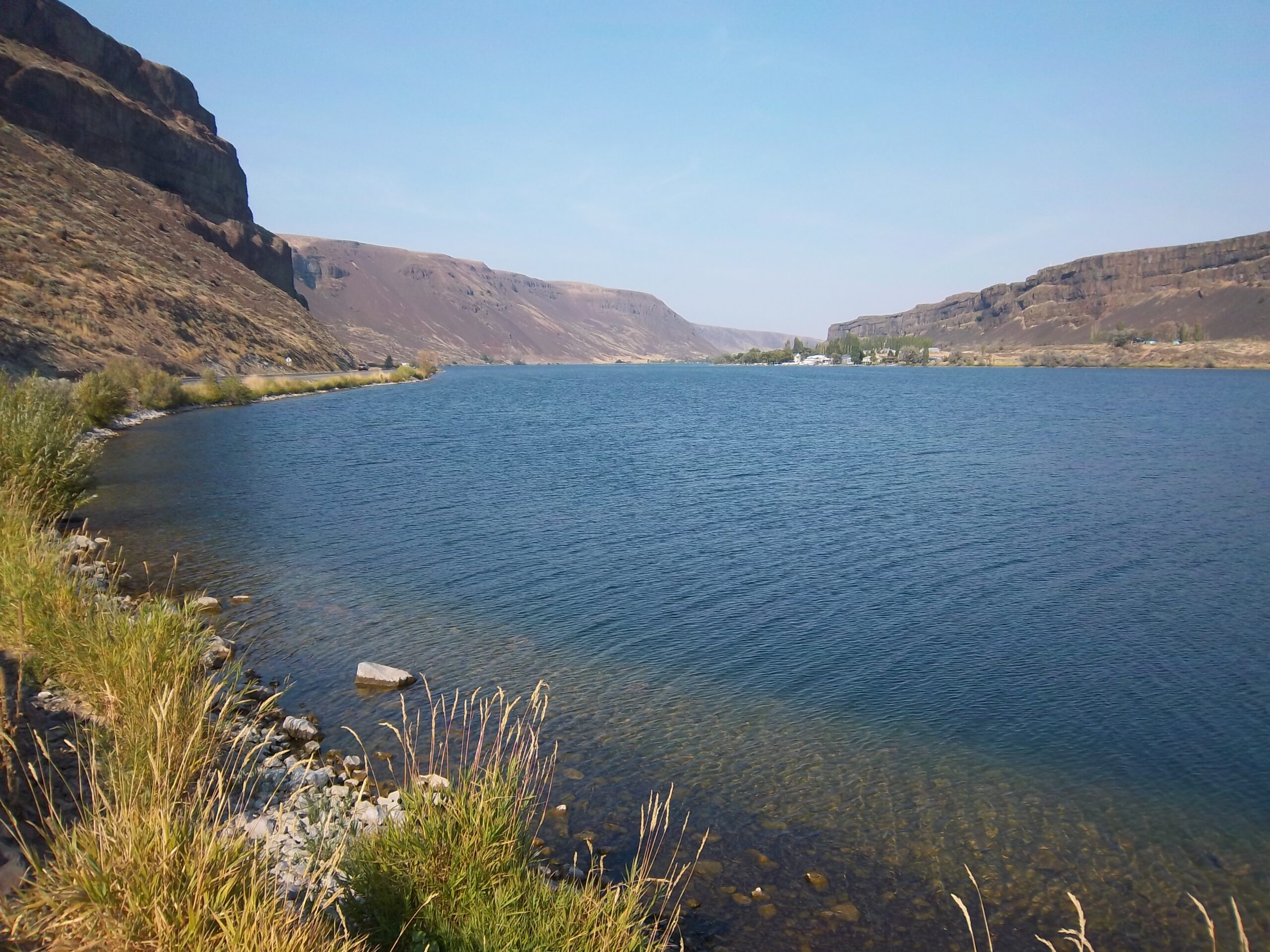Home

Equitable, Multi-Scale Decision-Making Towards Human and Ecosystem Health
Rivers support communities and landscapes in important ways – from providing food and clean water, to acting as pathways for transporting goods and travel corridors for organisms, to serving in cultural and spiritual roles for people. Despite their importance, many river systems are highly contaminated due to decades of industrial activity, pesticide runoff, water treatment discharges, and urban runoff. Compared to visible changes in water quantity, water quality is an ‘invisible water crisis’. As this crisis escalates, water quality problems in watersheds and communities will require a workforce capable of integrating scientific information, public policy, and the knowledge and concerns of affected populations.
The need for such a workforce is best exemplified by the issues facing Native American tribes. Protection of water quality is important to Native people’s traditional culture, way of life, self-determination, and economy. As original caretakers, they hold vital traditional ecological knowledge (TEK) that consists of sophisticated cultural, historical, and spiritual ways of understanding region-specific ecosystems and environmental restoration.
To bring about this workforce, Washington State University was awarded a National Science Foundation Research Traineeship (NRT) to address challenges in rivers, watersheds, and communities (RWC) in the Columbia River Basin (CRB), as they relate to human and ecosystem health. The RWC NRT brings together a set of core skills and knowledge into a community engagement model to achieve trainee competencies for diverse careers, and to achieve meaningful, positive change in environmental and human communities dependent on river systems.
Student Training Program
The RWC program is looking to attract students with diverse experiences, interests, and cultural backgrounds in the areas of biology, ecology, environmental science, earth science, environmental engineering, environmental sociology, political science, and water resources. In addition to the M.S. or Ph.D., NRT trainees may achieve a Community Engagement in River and Watershed Systems Certificate. A mix of NSF, WSU, and grant funds are available to fully support NRT trainees. NRT trainees must be citizens or permanent residents of the U.S., its territories, or its possessions.
We also welcome the participation of non-NRT funded students in any aspect of the RWC program such as RWC courses, the CRB Living Atlas, and the RWC NRT Annual Symposium. For non-NRT funded students, the program has funds to help students achieve the RWC Certificate (e.g., for completion of the community-engagement experience).
Please share our flyers!
Students will benefit from
- Student-centered mentoring
- Collaboration with communities
- Science communication training
- Professional development
- Indigenous Research Methods
- Transdisciplinary training
- Quantitative & computational skills development
- 1 year of NRT funding
Program details
As part of the student degree program, students will be part of a core program, which will include an immersion field course, the interdisciplinary water science and management course, an RWC environmental health seminar, a leadership development course, an integrated solutions experience course, and a student-specific community engagement experience. Students will continually contribute to the CRB Living Atlas, a visual- and data-based representation of social-ecological systems to share and synthesize information to communities and the public.
Student-centered Mentoring
Upon selection, students are committed to the RWC program for the duration of their Ph.D. or M.S. program, and the program faculty will work with the student to initiate a trainee development plan. Through the RWC partners and collaboration network, students will have access to external mentors for preparation for diverse careers. Participating faculty will be required to attend workshops to facilitate successful student mentoring within the community engagement model.
We are committed to promoting, creating, and sustaining an inclusive traineeship program and community environment. The RWC program will achieve this by fostering collaborative partnerships, engaging with cultural differences, promoting dialogue, advancing knowledge, and providing community spaces.
Partners and Collaborators
WSU Center for Native American Research and Collaboration; Northwest, Plateau and Coastal Tribes; USGS; EPA Restoration Working Group; the Columbia River InterTribal Fish Commission; the Spokane River Forum, the Center for Interdisciplinarity, and more!
Application
The application period for the 2024 trainee cohort is now closed. If you have any inquiries regarding applying to the program for the next cycle, please do not hesitate to contact the Program Director Jan Boll at j.boll@wsu.edu. Please note that current WSU graduate students are welcome to apply to the Community Engagement in River and Watershed Systems Certificate program at any time – please see here for more information.
